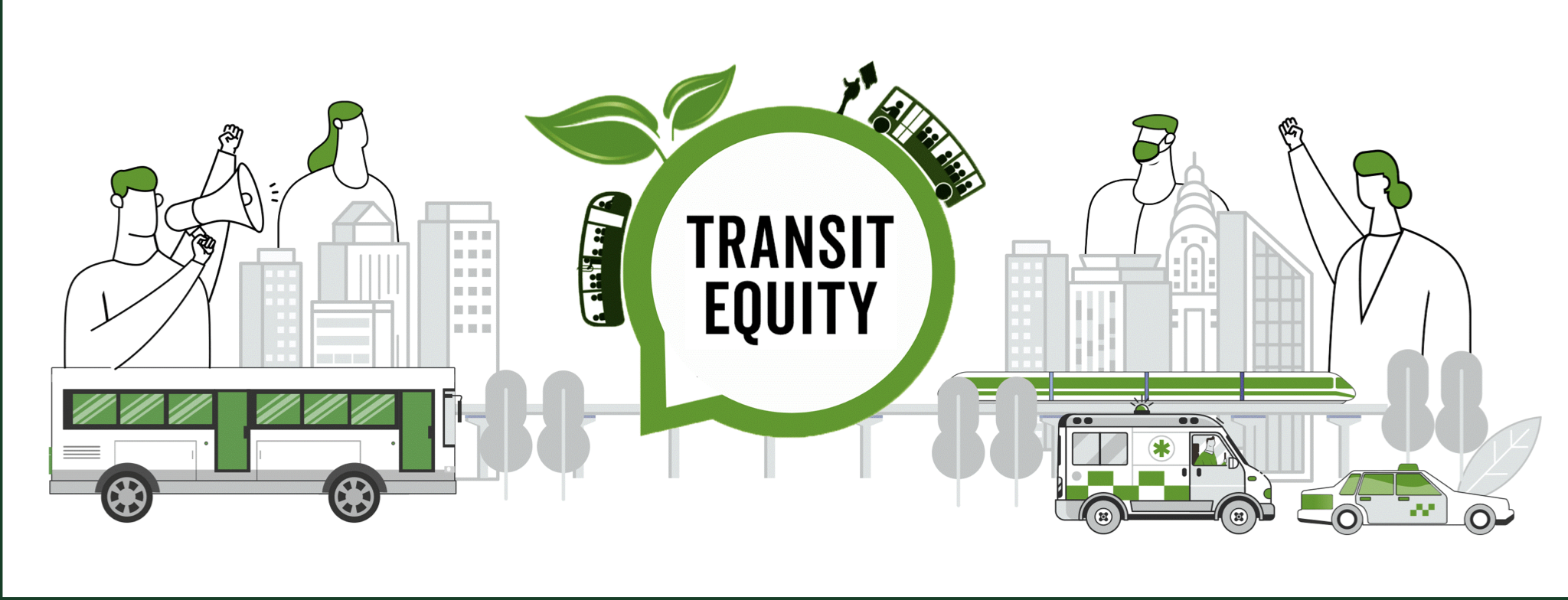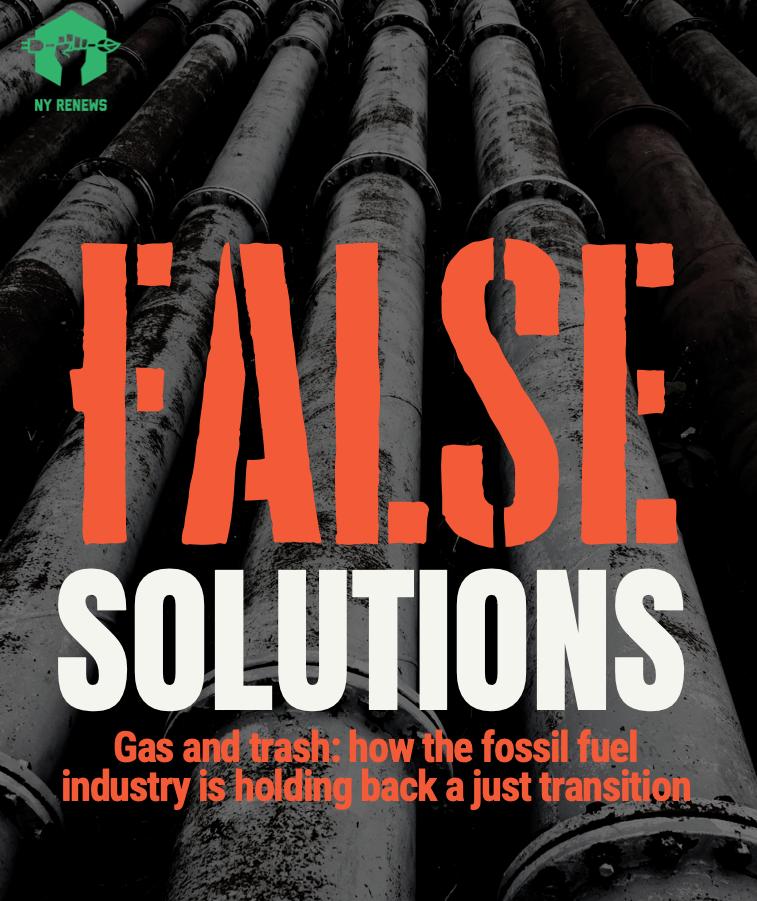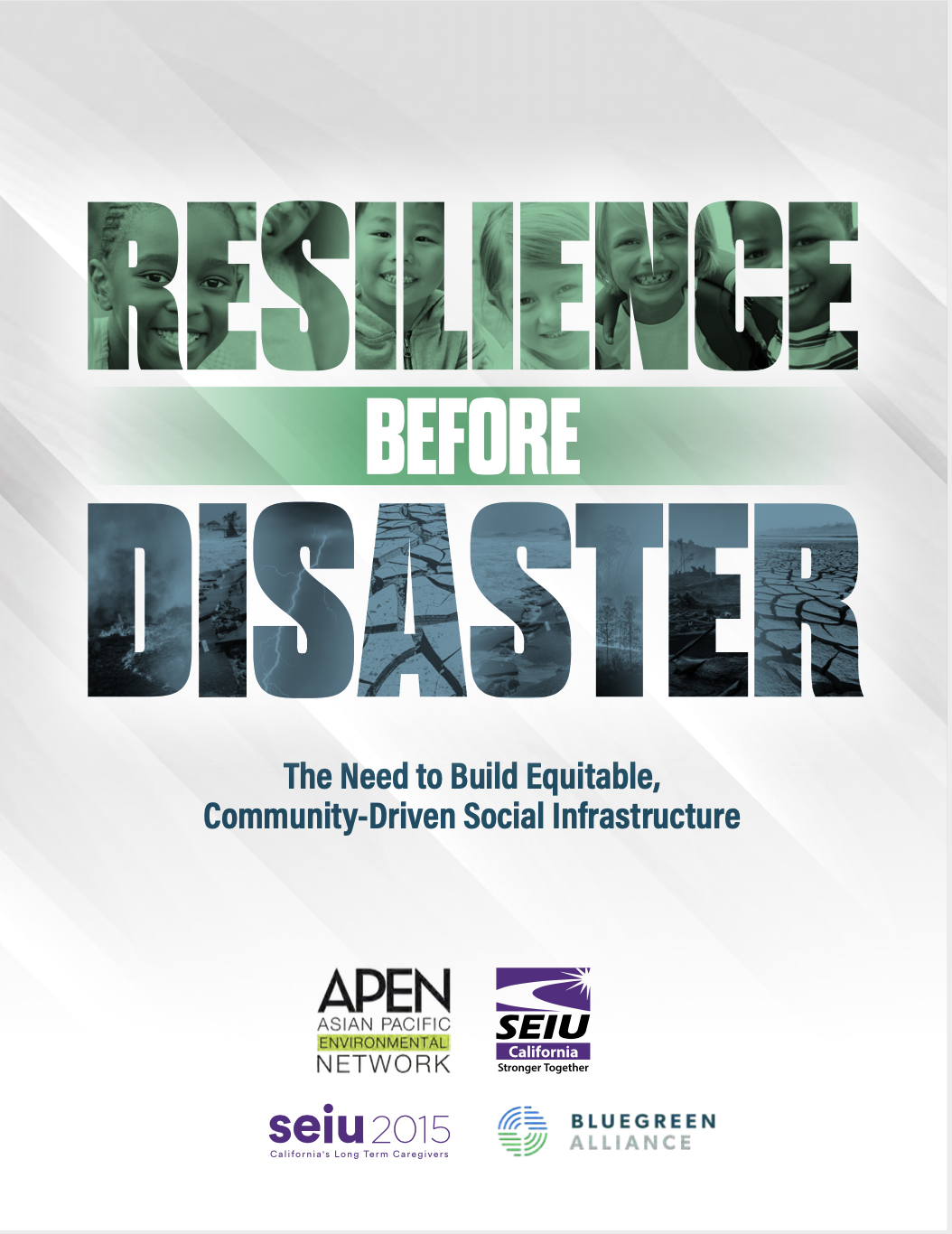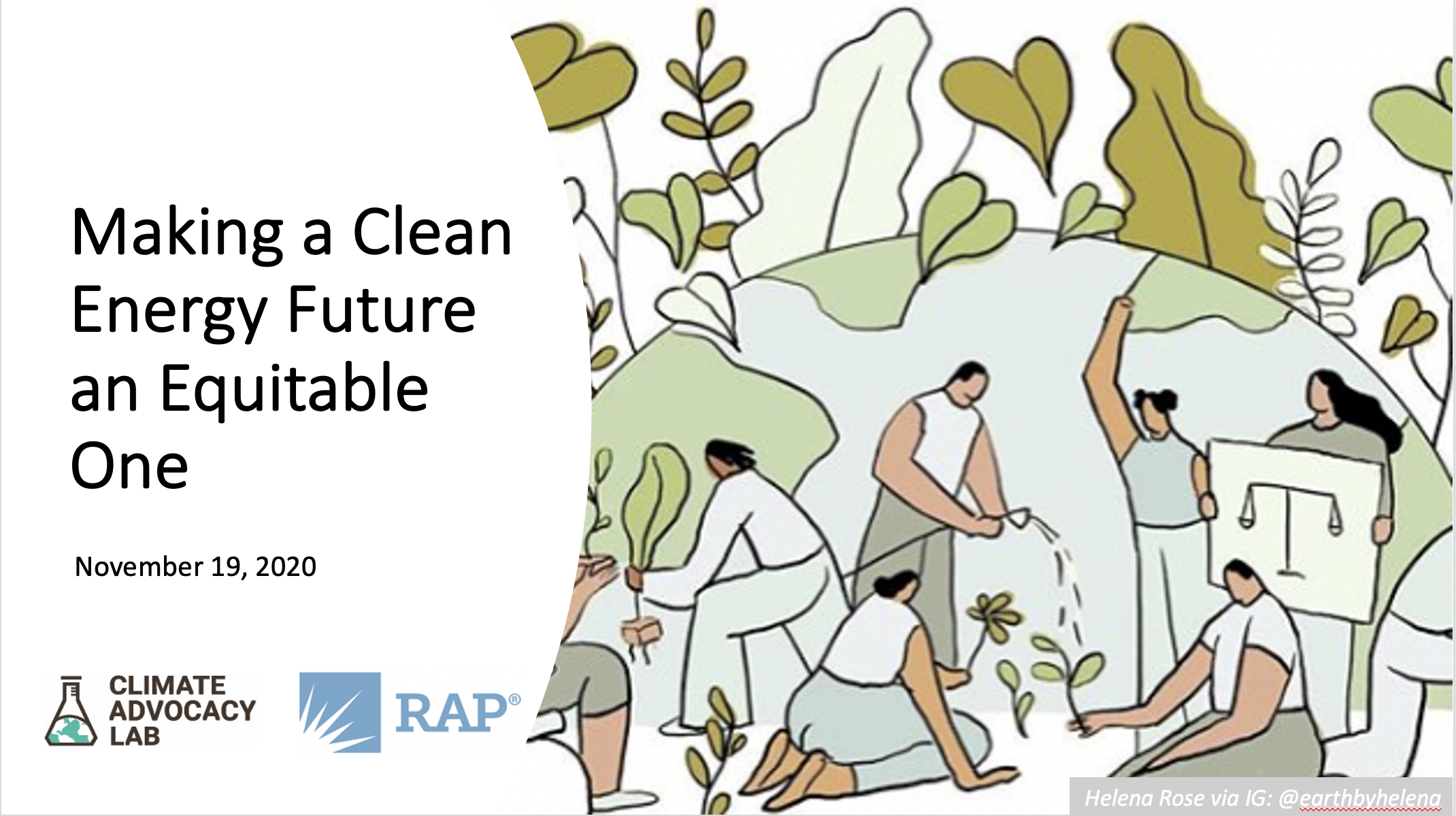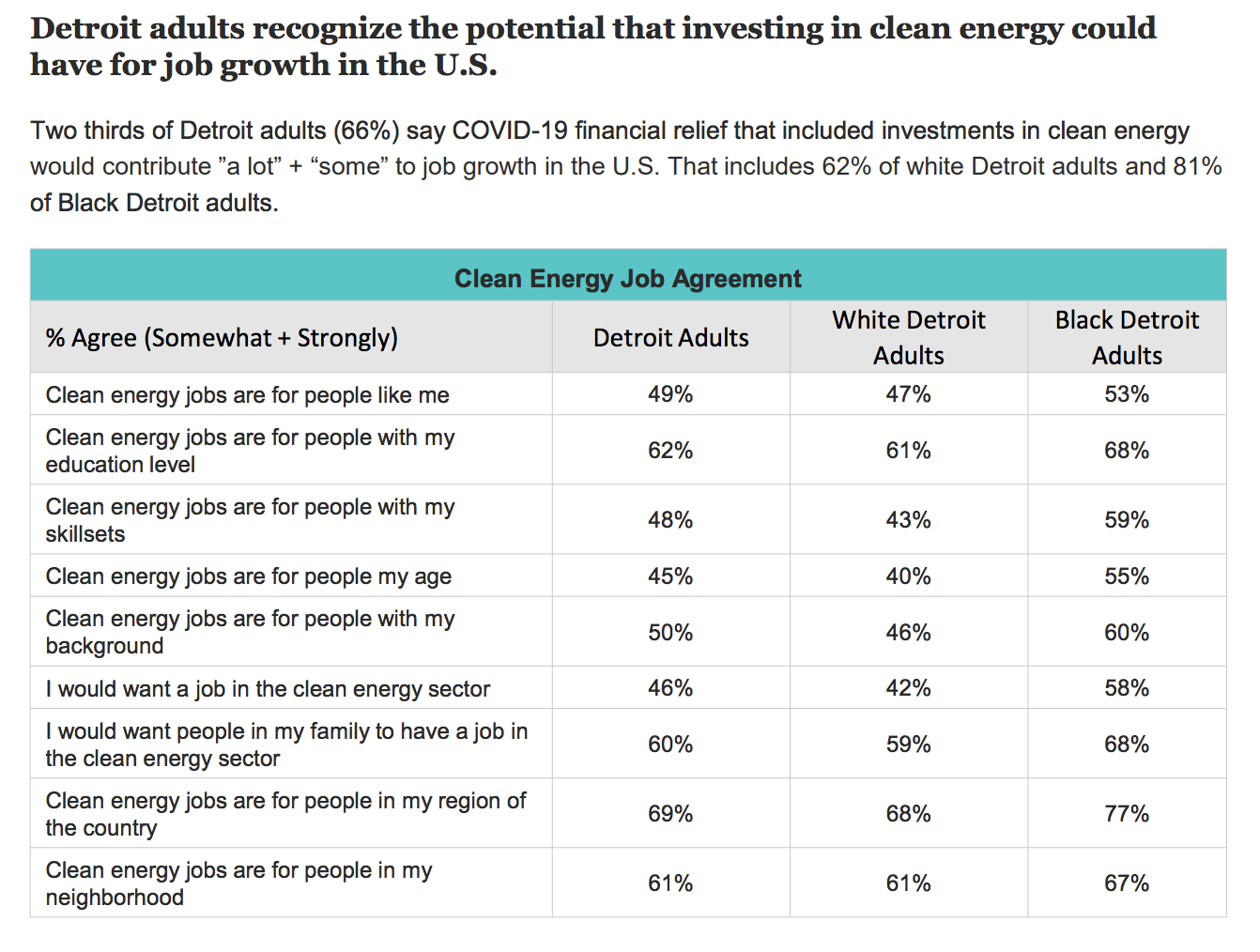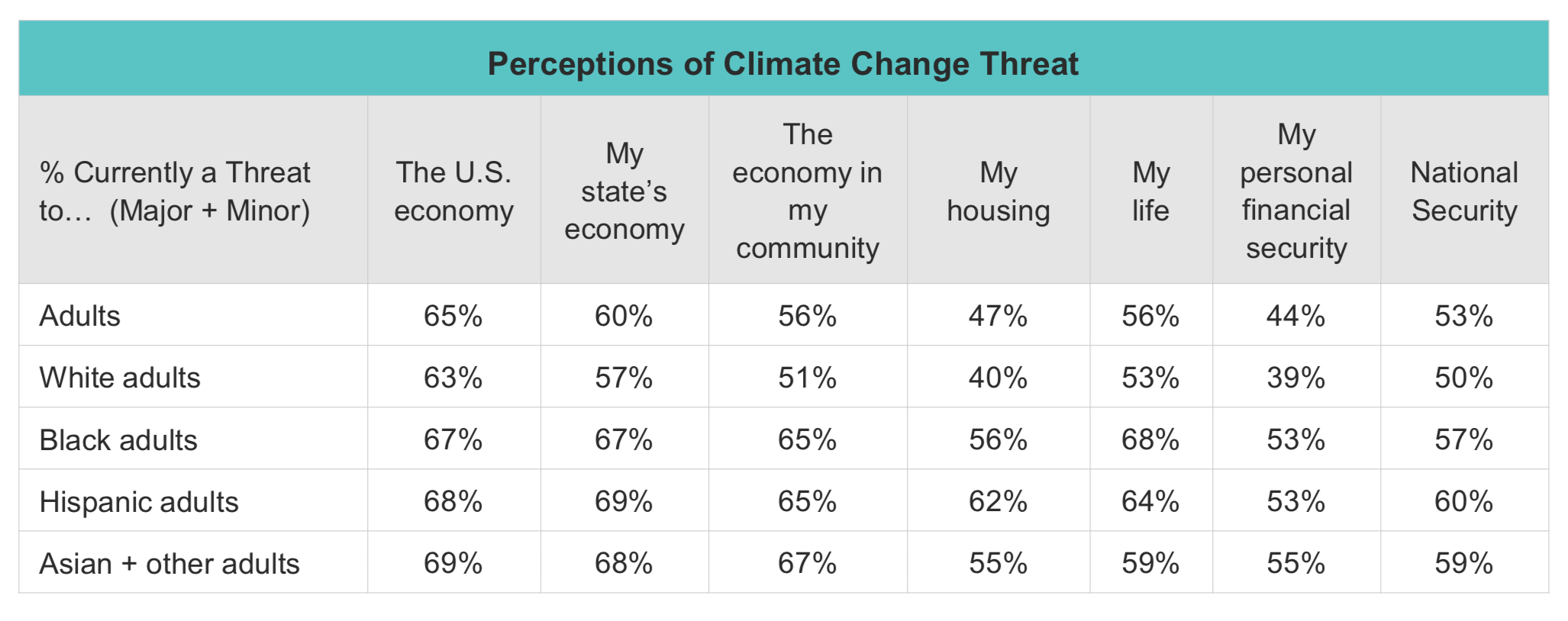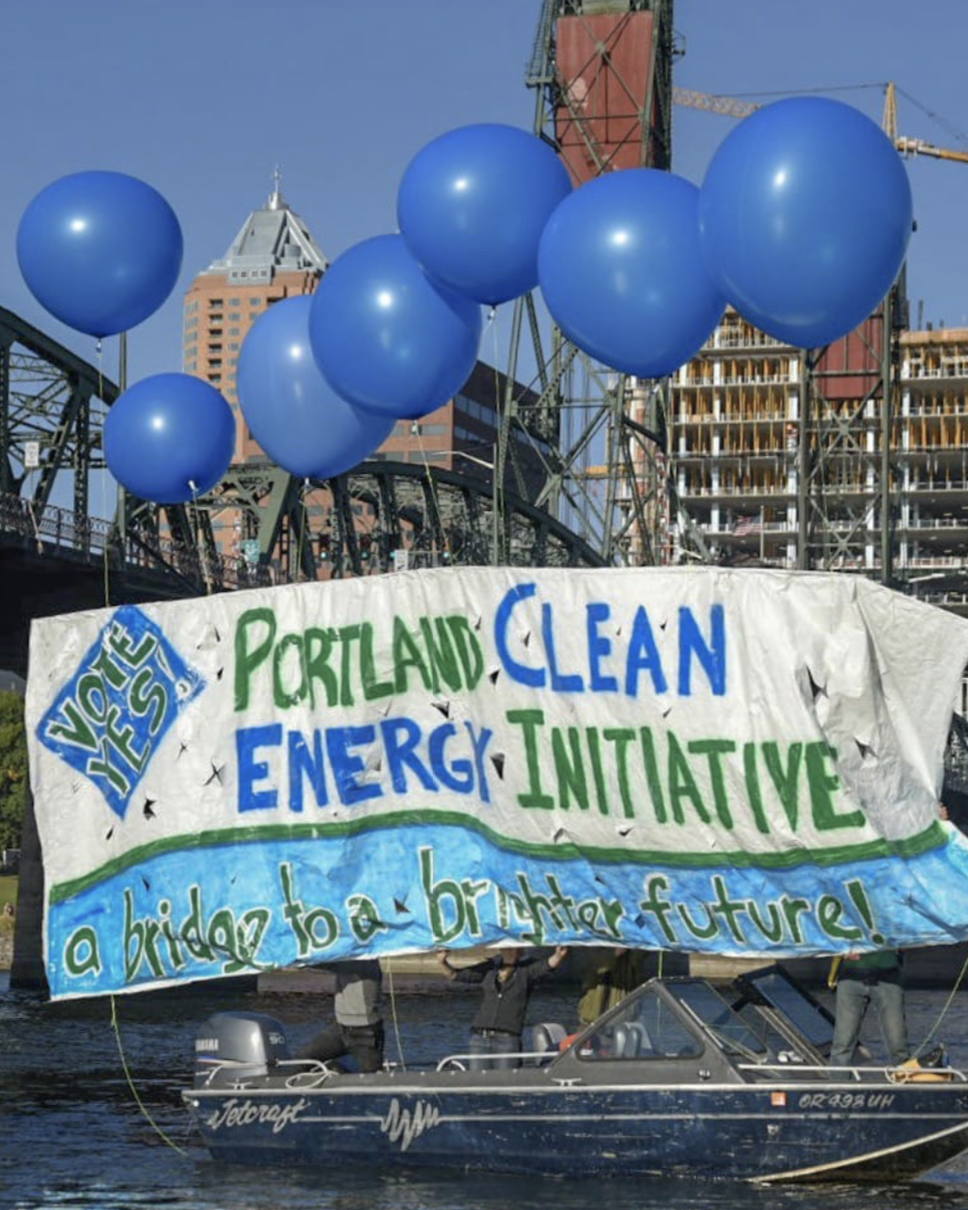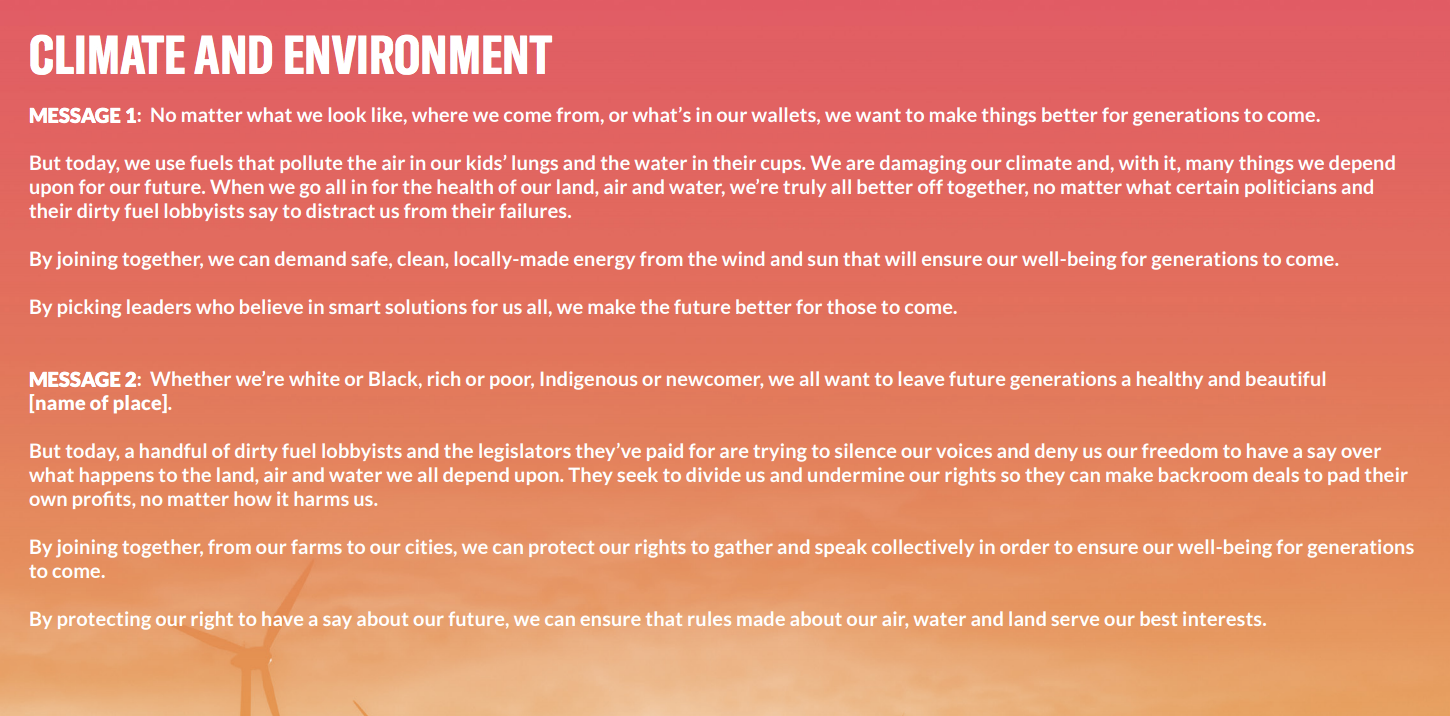Resources
Search below for resources covering the intersection of climate engagement, social science and data analytics.
RESULTS
- A broad majority (69%) of New Yorkers support levying a tax on corporate polluters, where the revenue (estimated $15 billion raised per year) would be used to invest in new renewable energy projects, community sustainability initiatives, and fossil fuel workers impacted by the transition to clean energy.
- Support for specific investments is also high:
- 65% support investing funds in large-scale renewable energy projects, like offshore wind farms and mass transit overhauls
- 63% support investing in low-income communities and communities of color to improve their climate resiliency and sustainability
- 73% support investing in programs for workers and communities impacted by the transition away from coal, oil, and gas
Community Hearing on Transit Equity 2021: Findings and Recommendations
Increasing accessibility, affordability, and reliability of public transit is imperative for BIPOC, low-income people, those living in rural areas, seniors, youth, and people with disabilities. COVID-19 exacerbated transportation inaccessibility because of limited routes and slashed service times. It also posed significant threats to transit workers who were not given adequate protection. Transit agencies must have safeguards in place to combat the negative effects of future pandemics as well as climate change. Such policies include better sick and family leave policies for transit drivers and electrification of the transportation sector to meet climate goals.
This report examines a particular set of “false solutions” to the climate crisis, each of which is marketed (often by fossil fuel interests themselves) as a “renewable” or “clean” or “low-carbon” alternative to fossil fuels: Biofuels, Renewable Natural Gas, Biomass, Green Hydrogen, and Waste to Energy. The author argues that these false solutions are the wrong direction for New York, as the state looks to achieve the emissions reduction targets established by the 2019 Climate Leadership and Community Protection Act.
Resilience Before Disaster: The Need to Build Equitable, Community-Driven Social Infrastructure
California and the US are increasingly beset by climate-fueled disasters like wildfires, extreme heat, and power blackouts. These events put additional stress on frayed hard and social infrastructure systems, and disproportionately impact working-class communities of color. To adapt to these changes, society must update our notion of disaster response to increase resilience in these systems before disasters strike. This report offers two models for this response: 1) building and normalizing resilience hubs where community members gather and organize both in good times and bad, and 2) increasing in-home resilience by recognizing homecare workers as effective agents for assisting vulnerable populations and bridging authorities and the frontlines. The report goes on to recommend specific ways to set up resilience hubs, train care workers, and develop forward-thinking emergency response plans to avert human disasters after natural disasters.
Fueling the Fire: Why Any Fossil Fuel Industry Bailout Will be Disastrous for Communities of Color
This report looks at the intersection of pollution from refining and burning fossil fuels, repiratory diseases caused or exacerbated by this pollution, the impacts of the COVID-19 pandemic, and race and racial inequality in the United States. It makes the case that the CARES Act constitutes a bailout of the dirty energy sector that spent more to prop-up the fossil fuel industry than it did on health care supplies and investments, even as this industry contributes to the adverse health outcomes from the COVID-19 pandemic in communities of color. The report's key findings also link large financial sector players like big banks, asset management companies, private equity and insurance companies to the chain of carbon and chemical emissions that have disproprotionately negative impacts on communities of color and low-income communities.
Making a Clean Energy Future an Equitable One
In this webinar, the Lab team is joined by the Regulatory Assistance Project to explore recommendations from the new report Energy Infrastructure: Sources of Inequities and Policy Solutions for Improving Community Health and Wellbeing.
In addition to the report, participants also learn from advocates across the country fighting for an equitable clean energy future. Contributing speakers shared their reflections and lessons learned from a variety of perspectives on what it takes to achieve energy equity, including how they're financing low-income solar, how they're growing solar through state-level policy, and how to work in strong coalition.
Contributing speakers include: Donna Brutkoski, Communications Associate, Regulatory Assistance Project; Yesenia Rivera, Director of Energy Equity and Inclusion, Solar United Neighbors; and Jacqueline Hutchinson, Vice President of Operations, People’s Community Action Corporation.
Poll: Black Detroiters See High Potential for Job Growth in Clean Energy
Survey of Detroit adults sought to measure concern for and perception of the impacts of climate change and other environmental threats like pollution, flooding, and storms, how these threats impact different racial/ethnic groups, and how adults’ views on these issues vary by race and ethnicity.
Poll: Differences in Adults’ Concern and Perceptions of Climate Threats, Environmental Injustice
Survey of Black, Hispanic, and white adults sought to measure concern for and perception of the impacts of climate change and other environmental threats like pollution, flooding, and storms, how these threats impact different racial/ethnic groups, and how adults’ views on these issues vary by race and ethnicity. Key findings include:
- Black adults (60%) are nearly twice as likely as white adults (32%) to say they are very concerned about air pollution in their local community.
- A majority of Americans (70%) are concerned about climate change, but Hispanic adults (68%) and Black adults (66%) are more likely than white adults (53%) to say climate change is a major problem.
- Hispanic (50%) and Black (41%) adults are more likely than white adults (36%) to say they’re very or somewhat familiar with the term “environmental injustice.” While 51% of Black adults and 48% of Hispanic adults view environmental injustice as a major problem in the U.S., only 33% of white adults hold the same view, a significantly lower percentage.
- Black adults (60%) and Hispanic adults (61%) are significantly more likely than white adults (53%) to say they experience a lot + some exposure to pollution in their daily lives.
- While majorities of white (51%), Black 63% and Hispanic (55%) adults all say that predominantly Black neighborhoods still experience the long-term effects of redlining (definitely + probably), there are still differences between these groups in the extent to which they believe Black neighborhoods experience these impacts. Black adults (46%) are significantly more likely than both white adults (20%) and Hispanic adults (24%) to say that predominantly Black neighborhoods definitely still experience the long-term effects of redlining.
Portland Clean Energy Fund Executive Summary: A Breakthrough for Climate and Justice
In November 2018, residents of Portland, Oregon, made history by passing The Portland Clean Energy Fund (PCEF), a breakthrough initiative that will raise an estimated $44-$61 million annually to support local clean energy and economic justice initiatives. The fund passed with 65 percent of the vote and support from a long list of local businesses and community organizations, including faith leaders, labor unions, and more. This Executive Summary captures toplines on what the campaign learned about what it takes to win.
We Make The Future Messaging Guide
The We Make the Future Messaging Guide is for campaigners, researchers, and all people who want to persuade others to take action to confront the challenges of a changing climate. The guide is based on rigorous research into perception and persuasion, and provide specific recommendations to engage base constituencies and persuade the middle (or people who haven't spent a lot of time thinking about specific solutions). The core of this work is the Race Class Narrative, an approach that weaves together economic empowerment, racial justice, climate justice, and gender equity, using language proven to work to mobilize and persuade people to take action.
This is a how-to guide. It provides guidance on:
- What to say and, crucially, what not to say
- How to weave together the rights words and the right narrative
- How to link related issues such as racial justice and climate justice within all your communications and calls-to-action
- Specific ways to use these messages on email, social media, and via text message
Pagination
- Previous page
- Page 2
- Next page
